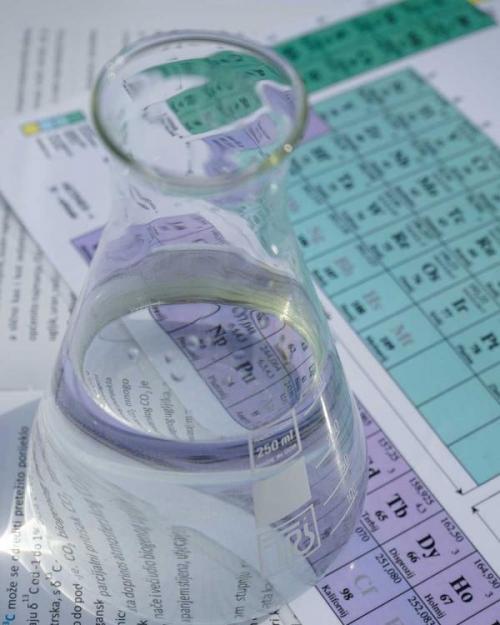Many plastics require an ultrapure concentration of olefins, a type of unsaturated hydrocarbon molecule, for their production. Current technologies supply olefins for plastic production through an inefficient and energy-demanding process: Small differences in the physical properties of the components of an olefin-containing mixture, such as olefins-paraffins or olefin isomers, are used as a means of separating olefins from other components of the mixture.
With this CAREER award, Phillip J. Milner, Chemistry and Chemical Biology, is developing sponge-like crystalline materials known as metal-organic frameworks (MOF) that will separate olefin-containing mixtures based on the components’ differing chemical reactivities rather than their physical properties. The resulting MOF systems will produce ultrapure olefin product streams in an energy-efficient manner. By undergoing reversible cycloaddition reactions with olefins, these novel MOFs will allow chemical separations to be carried out with unparalleled precision and specificity.
This project pursues a versatile materials-design strategy that could potentially be generalized to chemical separations involving a range of unsaturated molecules, including carbon dioxide. Chemical separations account for 15 percent of energy consumption in the United States. The development of new, energy-efficient separations could greatly reduce greenhouse gas emissions, improve the sustainability of the chemical industry, and decrease the cost of everyday consumer products.




